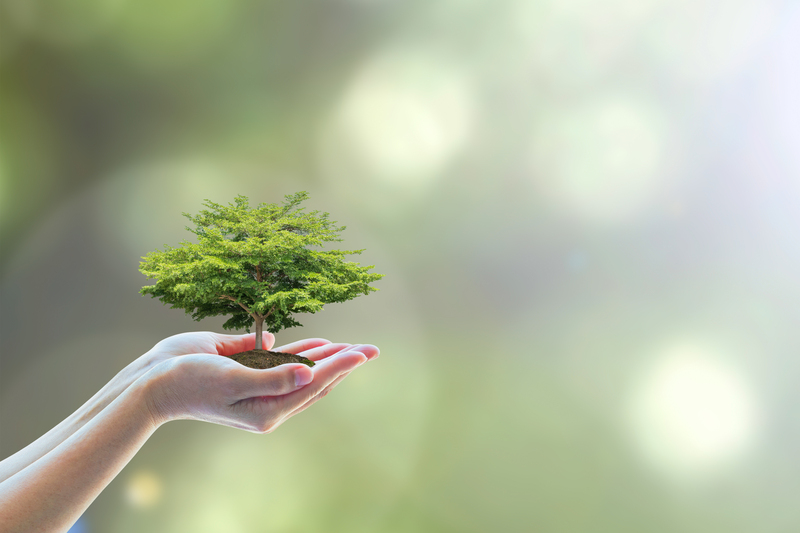
Navigating Hard Rubbish: Tips for Proper Disposal
Disposing of hard waste can be an overwhelming process if you're unsure how to go about it. As our society becomes increasingly conscious of environmental impact, knowing how to properly manage and dispose of hard rubbish is crucial. This comprehensive guide will help you navigate the complexities of hard rubbish disposal, providing effective tips and environmentally-friendly practices.
Understanding Hard Rubbish
Before diving into disposal tips, it's essential to understand what constitutes hard rubbish. Hard rubbish includes large waste items that are not typically collected through your regular garbage services. These can include:
- Furniture, such as sofas, beds, and tables.
- Whitegoods like refrigerators, washing machines, and ovens.
- Large electronic equipment including televisions and computers.
- Building material waste, timber, or large metal items.
These items are not only cumbersome but can pose environmental threats if not disposed of properly.
Why Proper Disposal is Important
Proper hard waste disposal is vital for several reasons:
- Environmental Protection: Reducing waste in landfill sites and promoting recycling helps in conserving natural resources and minimizing pollution.
- Legal Compliance: Adhering to local regulations facilitates community cleanliness and orderliness.
- Health and Safety: Safe disposal practices mitigate the risk of hazardous substances causing harm to the environment or public health.
Tips for Disposing of Hard Rubbish
Here are some effective strategies to ensure your hard rubbish is disposed of correctly:
1. Check Local Regulations
Different municipalities have varied policies regarding hard waste collection. Make it a priority to check local council guidelines or waste management services offered in your area. This typically involves designated hard rubbish collection days where residents can leave items for pick-up.
2. Consider Donation or Resale Options
One person's trash might be another person's treasure. Consider donating items that are in good condition to local charities or resale shops. Many organizations accept furniture and appliances, which can be repurposed for those in need.
3. Use Professional Waste Disposal Services
If you have a significant amount of hard rubbish to dispose of, professional waste disposal services can be an efficient solution. They not only handle the heavy lifting but ensure that items are disposed of in an environmentally-friendly manner.
4. Utilize Recycling Facilities
Many hard waste items, particularly electronics and whitegoods, contain recyclable materials. Utilizing recycling centers can ensure these materials are recovered and reused appropriately.
5. Organize Community Clean-Up Events
This approach is not only effective in managing waste but also in fostering a sense of community collaboration. By organizing events, you can involve neighbors and possibly gain support from local businesses and councils.
Special Considerations for Electronic Waste (E-Waste)
Electronic waste is a growing concern given its environmental impact if not disposed of properly. Here's how you can manage e-waste:
- Many manufacturers offer take-back or recycling programs for old electronics.
- Look for certified e-waste recyclers who can process these items safely.
- Consider upgrading instead of discarding by repairing malfunctioning electronics.
Innovative Trends in Hard Rubbish Disposal
As technology evolves, new methods are emerging to tackle hard waste disposal challenges. Some promising trends include:
- Smart Bins: These are equipped with sensors and connectivity features, alerting waste management services when a bin needs to be emptied.
- 3D Printing: By recycling plastics and other materials, 3D printing creates new items from old waste.
- Collaborative Platforms: Online platforms connect recyclers, waste producers, and buyers, making it easier to repurpose materials.
Conclusion
Properly disposing of hard rubbish is essential not only for compliance and maintaining cleanliness but also for protecting the environment. By understanding your local regulations, considering donation or resale, utilizing professional services, and encouraging recycling, you can contribute significantly to sustainable waste management. Make responsible hard waste disposal an integral part of your lifestyle for a cleaner and greener future.
By following these practical tips and remaining informed about innovative disposal methods, you can navigate the complex realm of hard rubbish with confidence and ease.
